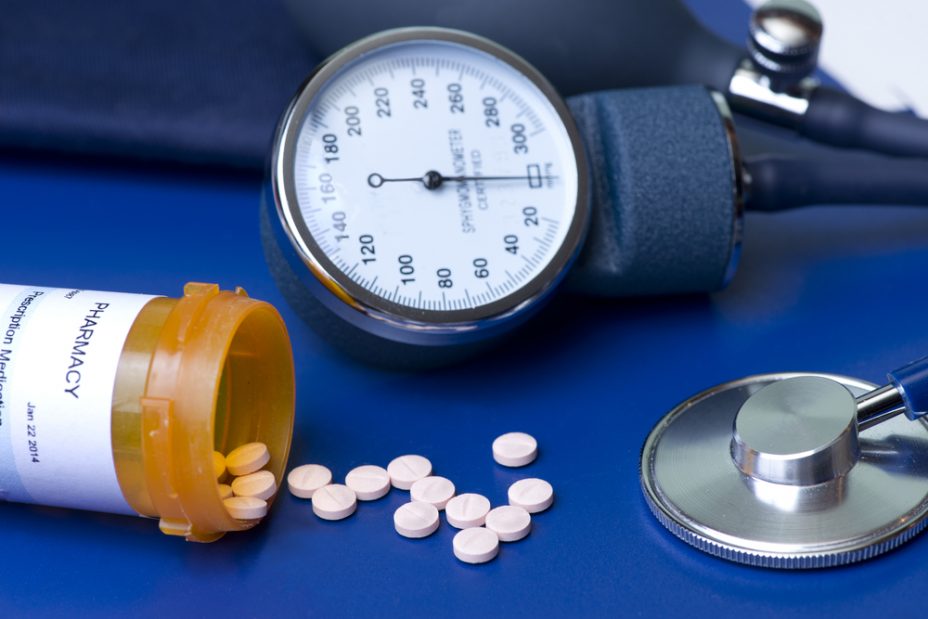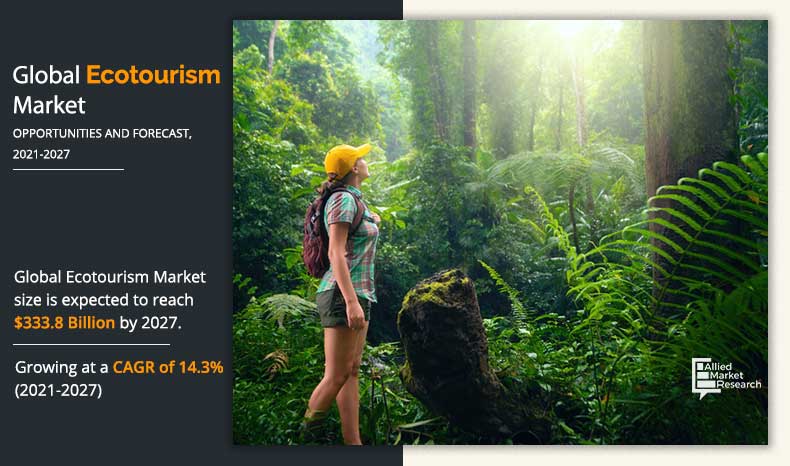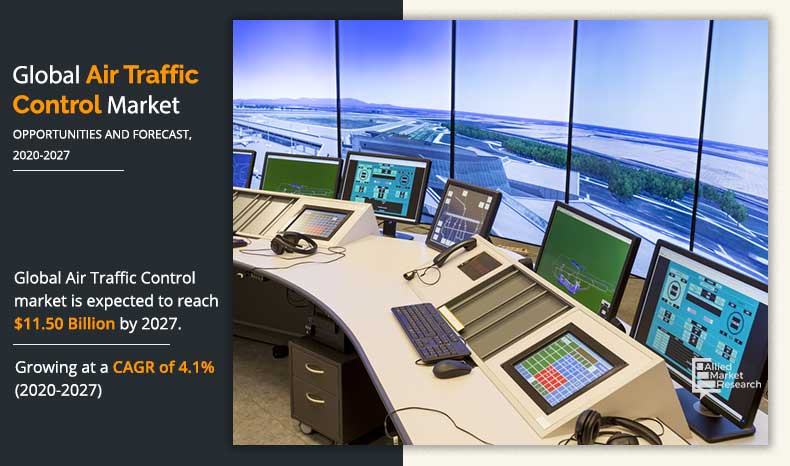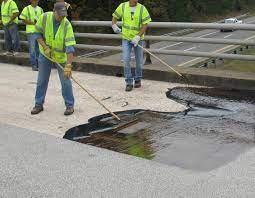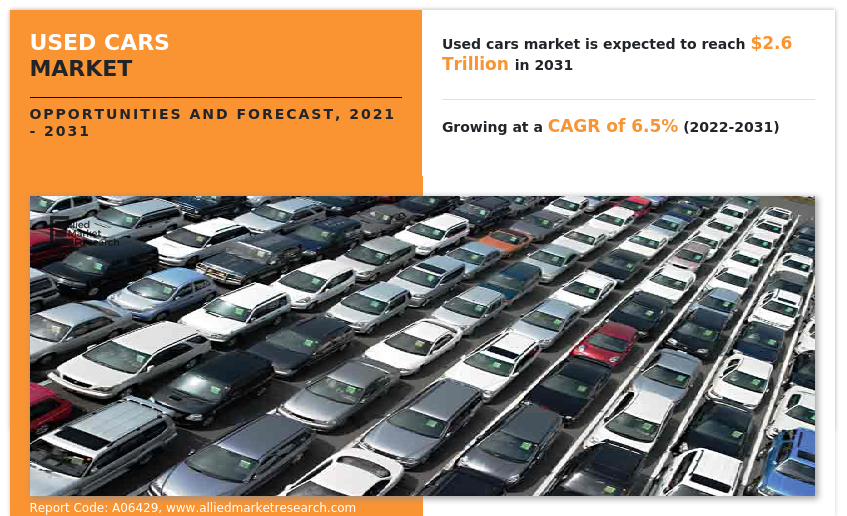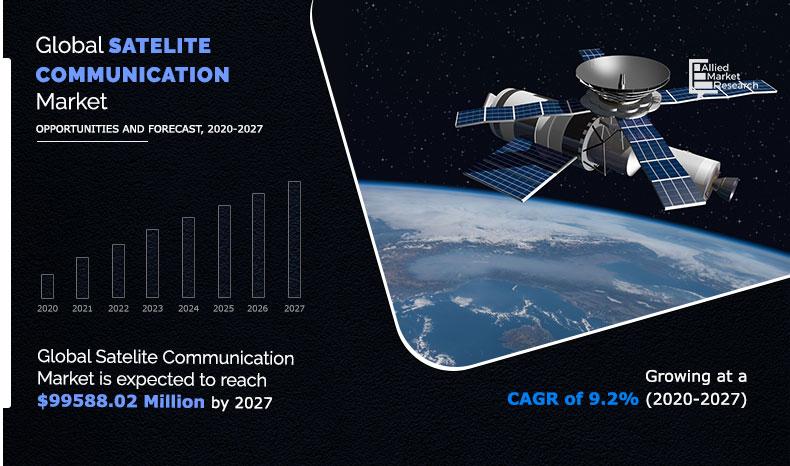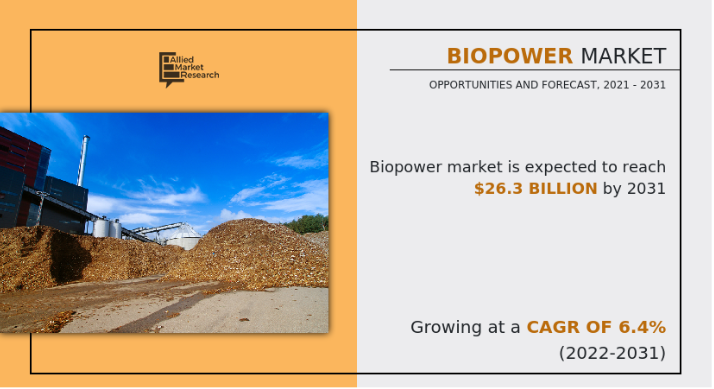The antimicrobial textiles industry is a sector of the textile industry that specializes in producing fabrics and materials with antimicrobial properties. These textiles are designed to inhibit the growth and spread of microorganisms, including bacteria, viruses, fungi, and algae, on their surfaces. Antimicrobial textiles find applications in various industries, including healthcare, apparel, home textiles, and industrial settings, where maintaining hygiene and preventing the spread of pathogens is crucial.
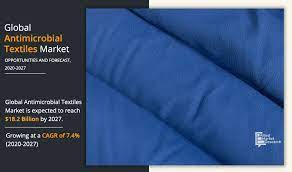
Rise in demand for antimicrobial medical textiles from the healthcare sector and surge in awareness regarding health and hygiene drive the growth of the global antimicrobial textiles market. However, environmental and health concerns regarding usage of antimicrobial agents along with variations in raw material prices hinder the market growth. On the other hand, rise of the healthcare sector in emerging economies is expected to create new opportunities in the coming years.
Request PDF Brochure: https://www.alliedmarketresearch.com/request-sample/8300
Key aspects of the antimicrobial textiles industry include:
Materials: Antimicrobial textiles can be made from various materials, including natural fibers like cotton and wool, as well as synthetic fibers such as polyester and nylon. In some cases, antimicrobial agents are added to the fibers during the manufacturing process, while in others, they are applied as coatings or finishes to the fabric.
Antimicrobial Agents: Different types of antimicrobial agents are used in the production of these textiles. Common antimicrobial agents include silver nanoparticles, copper ions, quaternary ammonium compounds (QACs), and various organic antimicrobial chemicals. These agents work by disrupting the microbial cell membranes, inhibiting growth, or interfering with their metabolic processes.
The cotton segment accounted for the largest market share, contributing to nearly half of the the global antimicrobial textiles market in 2019, and will continue its lead position throughout the forecast period. This is due to its diverse application ranging from medical textiles to antimicrobial apparel. However, the polyester segment is expected to register the highest CAGR of 7.8% from 2020 to 2027. This is attributed to increase in disposable income and awareness regarding antimicrobial home textiles from developing countries.
Applications:
- Healthcare: Antimicrobial textiles are used in healthcare settings to make bed linens, gowns, masks, and other medical textiles. They help reduce the risk of infection transmission in hospitals and clinics.
- Apparel: Sportswear, activewear, and everyday clothing can incorporate antimicrobial properties to control odor-causing bacteria and maintain freshness.
- Home Textiles: Towels, bedding, and curtains can benefit from antimicrobial properties, enhancing hygiene and freshness in the home environment.
- Industrial and Commercial Settings: Antimicrobial textiles are used in industrial and commercial applications where hygiene is essential, such as in food processing facilities, restaurants, and hotels.
the medical textiles segment held the highest share in 2019, contributing to more than two-fifths of the global antimicrobial textiles market, and is estimated to maintain its dominant share by 2027. Moreover, this segment is projected to witness the highest CAGR of 7.8% during the forecast period. This is attributed to surge of the healthcare industry in developing regions such as Asia-Pacific and LAMEA. The report also analyzes segments including apparels, home textiles, and others.
Market Growth: The antimicrobial textiles industry has experienced significant growth due to the increasing awareness of hygiene and infection control. The COVID-19 pandemic further highlighted the importance of such textiles in preventing the spread of infectious diseases.
Regulations: The production and sale of antimicrobial textiles are subject to regulations in many countries to ensure safety and efficacy. Manufacturers must comply with these regulations and demonstrate that their products are effective and safe for consumers.
North America contributed to the highest share in 2019, accounting for more than one-third of the total share and will continue to lead in terms of revenue by 2027. This is attributed to established consumer base and increase in awareness regarding health and hygiene. However, the global antimicrobial textiles market across Asia-Pacific is expected to manifest the highest CAGR of 8.0% from 2020 to 2027, owing to developing healthcare sector, presence of major textile manufacturers, and increase in expenditure in military fabrics.
Environmental Considerations: The use of certain antimicrobial agents, especially those containing heavy metals like silver, has raised environmental concerns. Researchers and manufacturers are exploring more environmentally friendly alternatives to minimize the ecological impact of antimicrobial textiles.
Innovations: Ongoing research and development in the field aim to improve the durability and effectiveness of antimicrobial textiles. This includes the development of textiles that can withstand multiple washes while retaining their antimicrobial properties.
According to the report, the global antimicrobial textiles industry generated $10.0 billion in 2019, and is estimated to reach $18.2 billion by 2027, registering a CAGR of 7.4% from 2020 to 2027.
Leading Market Players
- Aditya Birla Group (ABG)
- Fuji Chemical Industries, Ltd.
- Herculite, Inc.
- Indorama Ventures Public Company Limited., (IVL)
- Kolon Industries, Inc.
- Response Fabrics (India) Pvt. Ltd. (Response Fabrics)
- Sanitized AG
- Sarex Textile Chemicals
- Toyobo Co., Ltd. (Toyobo)
- Vardhman Holdings Limited (Vardhman Holdings)
Interested in Procuring This Report? Visit Here: https://www.alliedmarketresearch.com/antimicrobial-textiles-market/purchase-options
𝐀𝐛𝐨𝐮𝐭 𝐔𝐬
Allied Market Research (AMR) is a full-service market research and business-consulting wing of Allied Analytics LLP based in Portland, Oregon. Allied Market Research provides global enterprises as well as medium and small businesses with unmatched quality of “Market Research Reports” and “Business Intelligence Solutions.” AMR has a targeted view to provide business insights and consulting to assist its clients to make strategic business decisions and achieve sustainable growth in their respective market domain.
We are in professional corporate relations with various companies and this helps us in digging out market data that helps us generate accurate research data tables and confirms utmost accuracy in our market forecasting. Allied Market Research CEO Pawan Kumar is instrumental in inspiring and encouraging everyone associated with the company to maintain high quality of data and help clients in every way possible to achieve success. Each and every data presented in the reports published by us is extracted through primary interviews with top officials from leading companies of domain concerned. Our secondary data procurement methodology includes deep online and offline research and discussion with knowledgeable professionals and analysts in the industry.
Contact:
David Correa
United States
1209 Orange Street,
Corporation Trust Center,
Wilmington, New Castle,
Delaware 19801 USA.
Int’l: +1-503-894-6022
Toll Free: +1-800-792-5285
Fax: +1-800-792-5285
Web: www.alliedmarketresearch.com
Allied Market Research Blog: https://blog.alliedmarketresearch.com
